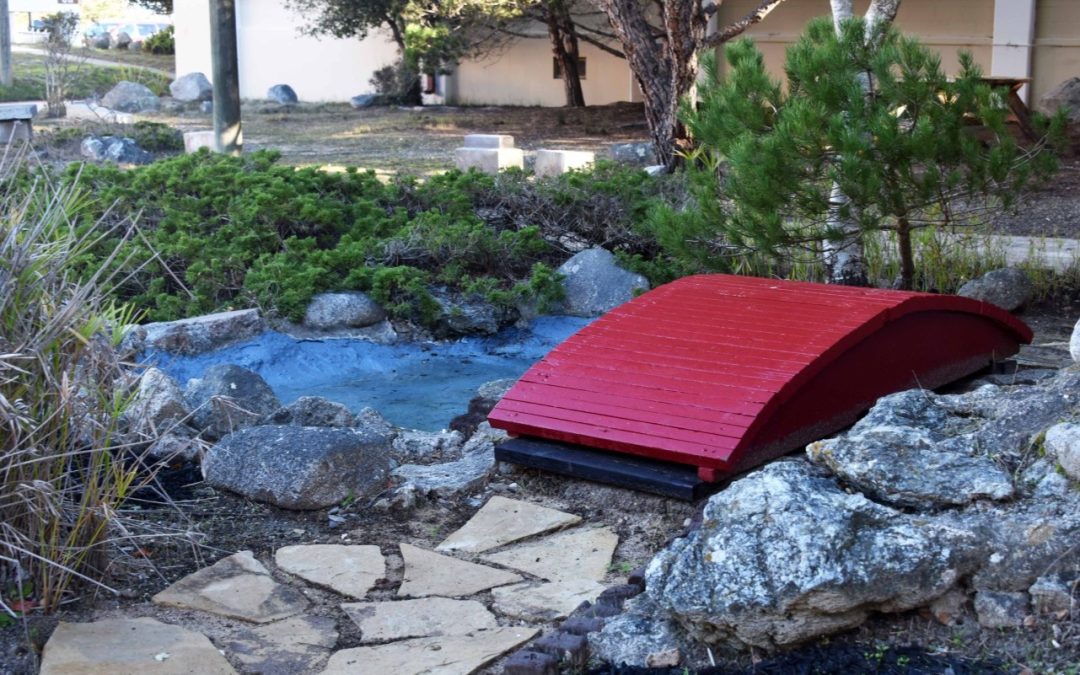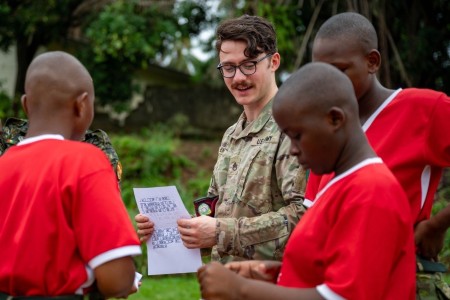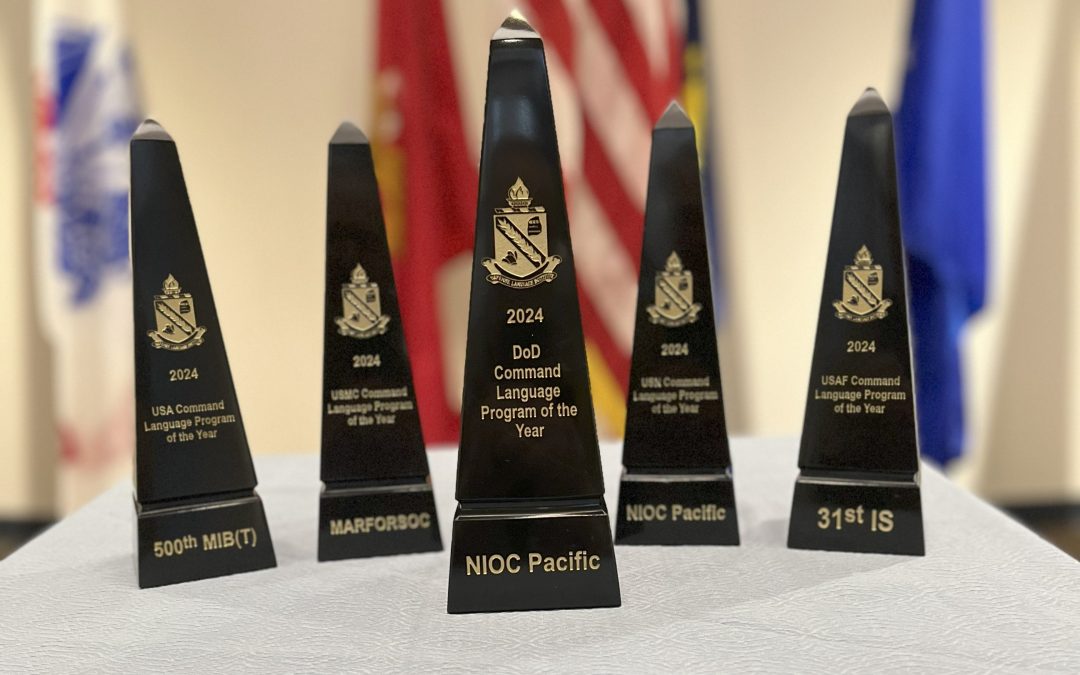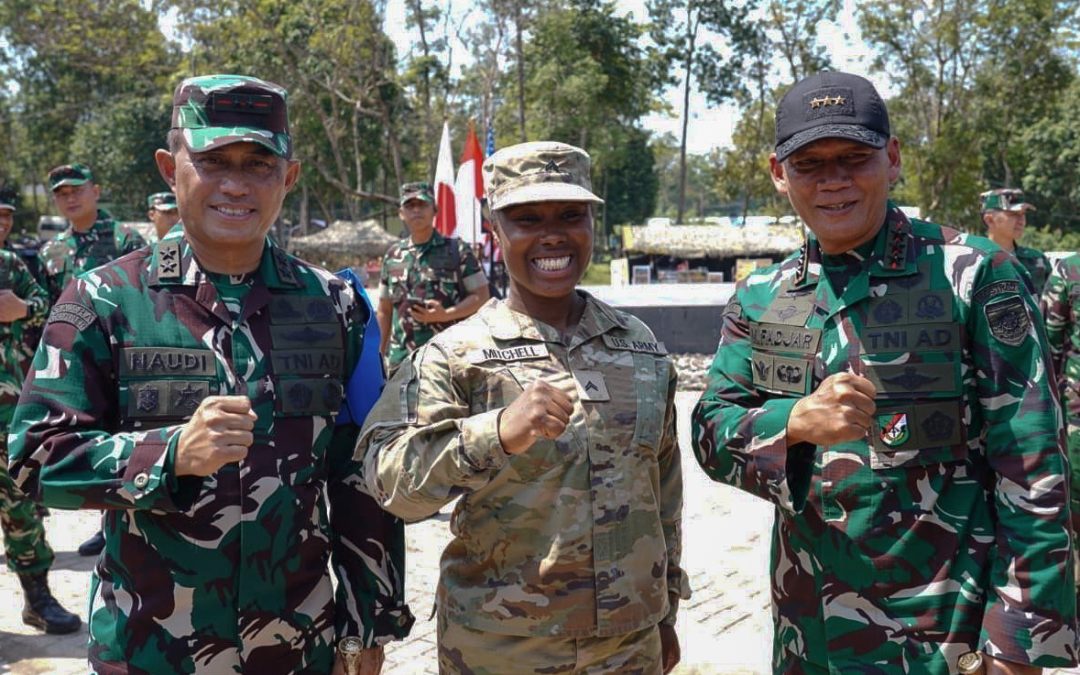By Tammy Cario
Although it was over 2,000 years ago that Aristotle wrote, “Man is by nature a social animal,” his saying still holds true today. Humans are inherently social beings that want to belong, and if you take that community away, a whole host of problems ensue.
In our current, socially-distanced situation, you don’t have to look very far for an example. A report published in the Journal of the American Medical 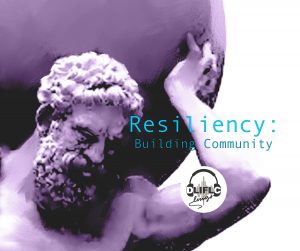 Association in September 2020 found that a quarter of the U.S. was experiencing symptoms of depression, a number that is nearly three times higher than what it was before the pandemic.
Association in September 2020 found that a quarter of the U.S. was experiencing symptoms of depression, a number that is nearly three times higher than what it was before the pandemic.
In an article on NPR discussing the study, George Everly, a psychologist at Johns Hopkins University, said, “In virtually every wide-scale disaster I studied, there is a sense of human resilience — people come together. Interpersonal support is the single best predictor of human resilience. [The COVD-19 pandemic] undermines our single most important protective factor.”
For better or for worse, the military acts as a family unit. Between the intense schools, long temporary duty assignments and a deeply-held belief in the mission, the military fosters a familial atmosphere.
A great place to see that deep sense of comradery in action is with the Marine Corps. Master Gunnery Sgt. Willy Pascua, the enlisted leader for the Marine Corps Detachment at the Presidio of Monterey, says a common purpose is what helps to bring his Marines together.
In a talk he gives to new Marines coming into the Detachment, Pascua has them read over the Corps values and mission and walks them through their purpose for being at the Defense Language Institute Foreign Language Center. A purpose, he says, that will help them get through when the school work or life in general, gets tough.
“Resiliency is an everyday thing. You learn resiliency everyday through PT. You learn mental resiliency through daily academics and you’re pushing it. You learn it emotionally and spiritually in your everyday interactions with people,” he said.
One of Pascua’s favorite sayings is “everything is about everything.” Meaning everything is tied together. Every chance to get together with his Marines, whether that’s talks like the ones he gives the new Marines or meeting for physical training, is a chance to build character, what he says is at the core of what they do – selflessness, moral courage and integrity. It’s no surprise that everything in the Marines is tied to war fighting and what will make them combat ready. And, of course, part of that war fighting capability is social cohesion.
Leadership responsibilities for the Marines is decentralized – it begins when they are E-2s and E-3s. This means they are able to get to know each other and build relationships on a much smaller scale.
One of those Marines, Lance Corp. Owen Coumou explained how it works.
“The Marine Corps here on post is by its very nature a very decentralized detachment. And you see a lot of low-level initiative. What that has done is really help us adapt to the changing circumstances,” he said. “There were a lot of things that disappeared overnight when the pandemic set in, things like platoon sized and detachment–wide PT events went away… it would have been very easy for us to get complacent. But going back to that low-level atmosphere, we kept each other accountable.”
The Marines at the Detachment are broken down into a group of three to five people called a fire team. To Coumou, they are an indispensable part of their cohesion because it gives the Marines more time get to know each other on a more personal level.
“And then the fire team leader is a student [who is] just a little further along, who mentors and kind of shows the ropes to the new guys, which also boosts comradery among those tight–knit groups,” he said.
This leads to a type of dedication and purpose that brings Marines together and makes them a real team. It can make all the difference when on the battlefield. And in life. As Pascua explained, it informs the Marine approach to everything.
“I think the real answer is, if war is a conflict of human wills, then everything we do is about the human being, right? And the warrior that makes his living on the ground, who is on the battlefield, they make their living against other human beings,” Pascua said. “So, the Marine and the holistic approach to fitness must exist in the same space. It must exist in the same space to be effective in combat.”
To hear more about the Master Gunnery Sgt.’s view on resiliency, visit our podcast at www.soundcloud.com/DLIFLC

